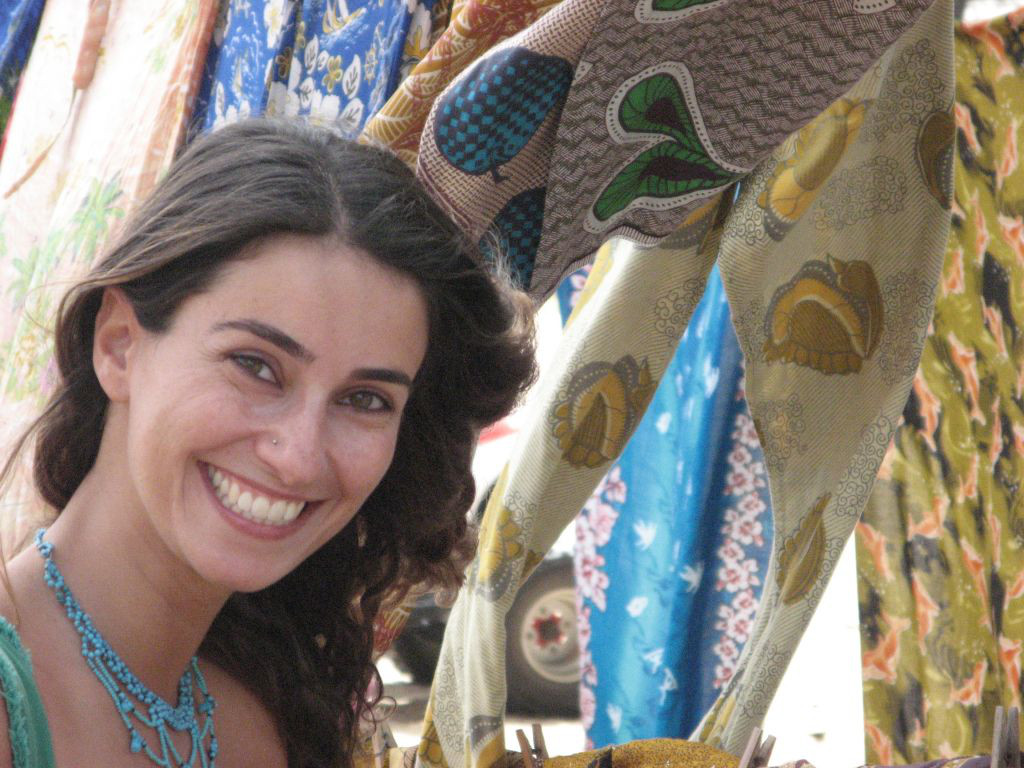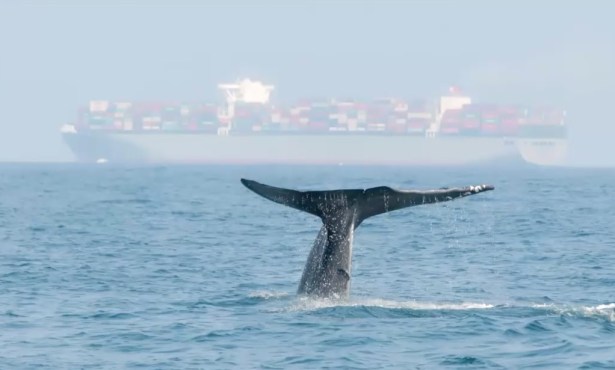What’s Happening in the Middle East
A Talk by Saba Soomekh on May 21

Saba Soomekh is a lecturer at UCLA and the associate director of research at the university’s Leve Center for Jewish Studies; she has taught courses on Jewish literature, world religions, and Middle Eastern history. She’s also a prominent figure in the Los Angeles Jewish community, balancing her time between the academic classroom, private classes, and public seminars, who will be speaking about Saudia Arabia and Iran at Harry’s Plaza Café in Santa Barbara on Sunday. For her first book, From the Shahs to Los Angeles: Three Generations of Iranian Jewish Women between Religion and Culture, she interviewed 120 women, ages 18-90, about their religious rituals and personal history. “I’d just start asking questions, and three hours later, they’re talking my head off,” she says, laughing. “They have so many great stories to tell, and really, no one asks them.”
For Soomekh, history is an important part of the present as well. “There are so many pieces to each story,” she said when discussing her upcoming May 21 speech, part of a series organized by SPARC (Sparking Political Action, Response, and Change), a Santa Barbara-based political action group working to provide reliable information about pressing issues through a series of lectures. Soomekh’s talk, “Saudi Arabia and Iran, their proxy wars and its affect on America,” is scheduled for 6 p.m. at Harry’s Plaza Café. “Most people have no idea what’s happening [in the Middle East], and we are so involved,” she said.
I spoke with her on the phone on a Friday night, after Shabbat dinner. Below is a condensed version of our conversation.
Your family moved to the United States from Tehran when you were 2. Tell me a little about your connection to Iran, and your interest in studying Iranian culture. How did that evolve? My interest in Iran started when I was in graduate school. I lived in Punjab in grad school, and I originally thought I wanted to do something with looking at the Vedas and looking at the Torah, and something with South Asia. And then I took a week of Sanskrit and said, “I’m out of here! There’s no way.”
I did grow up speaking Farsi. I knew how to speak [it], but not how to read or write. So it wasn’t until I went to Harvard that I took Persian classes to learn how to read and write. And my father was really into Persian poetry, and it was really important for me to connect with him in that way.
I always loved studying women and religion, and I took a lot of courses on women and globalization, women and Judaism, Christianity and Islam. These are a lot of the courses that I actually teach now. And I was realizing I was taking a lot of classes on women in South Asia and a lot of classes on women in the Middle East but barely learning anything about women in Iran. And there were lots of books on Shia Muslim women and their religious rituals, but there was … barely anything written about Iranian Jews, let alone the lives of women.
What was so important for you about that women’s perspective? These women, especially the older generation, they are not used to people asking them about their lives. And so I would call them, or my grandmother and aunt would call them, and in Farsi say, “Can my niece come and interview you?” And they didn’t understand, they were being polite, so they said, sure. So I would come over, and these old ladies would open the door, and they had their hair done, red lipstick on, pastries and desserts for me, and they would always start in kind of a self-deprecating manner: “What do I know? I don’t know anything. I dropped out of school when I was 10, I got married at 12, had my first child at 14. I have nothing to tell.” Not realizing that to me is the most amazing story, and they have so much to tell.
No one ever thought to ask women about their experience, because so much of their experience happened in the home, and for so long the home and the domestic sphere and oral rituals were all seen almost in this pejorative way, because it wasn’t studious. It wasn’t halachic [related to Jewish law], male-practice Judaism.
What does it feel like to keep track of U.S. coverage of the Middle East and Islam right now? How do your background and training impact your perspective? It is exhausting. It’s a great way to show students how significant history is, because it’s something that’s happening in the news every single day. It really teaches them to read the news … and I make them do weekly newspaper journals and also look at what perspective the newspaper’s writing from — but it’s kind of exhausting. But I love it so much, and I’m addicted to that region and the news that comes out of that region.
It’s so important to know the history of the region because a lot of times when you are reading just the coverage or seeing it on the news, it’s so biased, or you’re just getting a two-minute clip, so you’re not getting the full story. And you know that for every one perspective it’s offering, there are five others.
The subject of your upcoming talk is on Shia and Sunni relations in Saudi Arabia and Iran. Why is knowing more about this so important for an American audience? I’m first just doing an introduction to Sunni Islam and Shia Islam’s differences. Then we’re going to look at Iran and Saudi Arabia, and how they are basically the hegemonic powers [for each denomination], and then how these two countries are basically using other countries in order to fight their proxy wars.
It’s a global world now, so nothing happens anywhere in a vacuum, and I think it’s important to understand why this is happening: where did these different groups come from, who has allegiance to whom, who’s being funded by whom? And I want to give an understanding of why the Saudis and the Iranians feel like they need to export their beliefs and their version of Islam to the rest of the world.
I go in there being very neutral. I want people to walk away with their own understanding of it, but my hope is that they walk away with an understanding of what the history is and how Islam is being distorted for people’s political means.
You’ve built an unusual academic career. How is it different to participate in public forums, discussion groups, curating, etc., rather than teaching in an academic classroom? Because I didn’t have a tenure-track position, I ended up taking on a lot of different jobs. And one of the most pleasurable ones for me was … an exhibition at the Fowler Museum at UCLA, from 2012-2013, called Light and Shadows: The Story of Iranian Jews. So I was living in this museum world, and it was just wonderful. Granted, I was teaching three other classes as an adjunct professor.
And I had a lot of adults [at the exhibit] who really wanted to learn, mostly retired. They kept saying, “Can I come into your classes? I want to take your World Religions Course, or your Middle Eastern History course.” And I said, “Look, I’m so sorry. I can’t bring 30 extra people into my class, but why don’t we set up classes in your house?” And so slowly, slowly, I would do these salons. And from people’s homes I started going to people’s synagogues, and from people’s synagogues to ORT [the Russian acronym Общество Ремесленного Труда stands for Organization for the Distribution of Artisanal and Agricultural Skills] and Hadassah.
And I have to say, I love my students, but there is something so fun about teaching adults, because when I send out articles for them to read in advance, they actually read it, and they’re very excited to be there. A lot of times they have actually been to these regions, and they can say, “When I was in Egypt … ” or “I was in Iran under the Shah …,” so they have these lived experiences that I get to learn from.
What is your greatest hope for your work? What do you still want to accomplish, or what impact would you most like to have? I think, number one, to really have people understand the significance of women in our society … and how misogyny affects not just women but global communities. And the other thing is for people to understand people’s communities and cultures. At the end of the day, everyone’s so similar. They want to live in peace, they want to have their children grow up being educated, they want to know they’ll have food on the table and that they don’t need to run away from their homes and start all over again. And if I could just give people a better understanding of what’s outside of their backyard … just as one person, that’s all I could ask to do.



